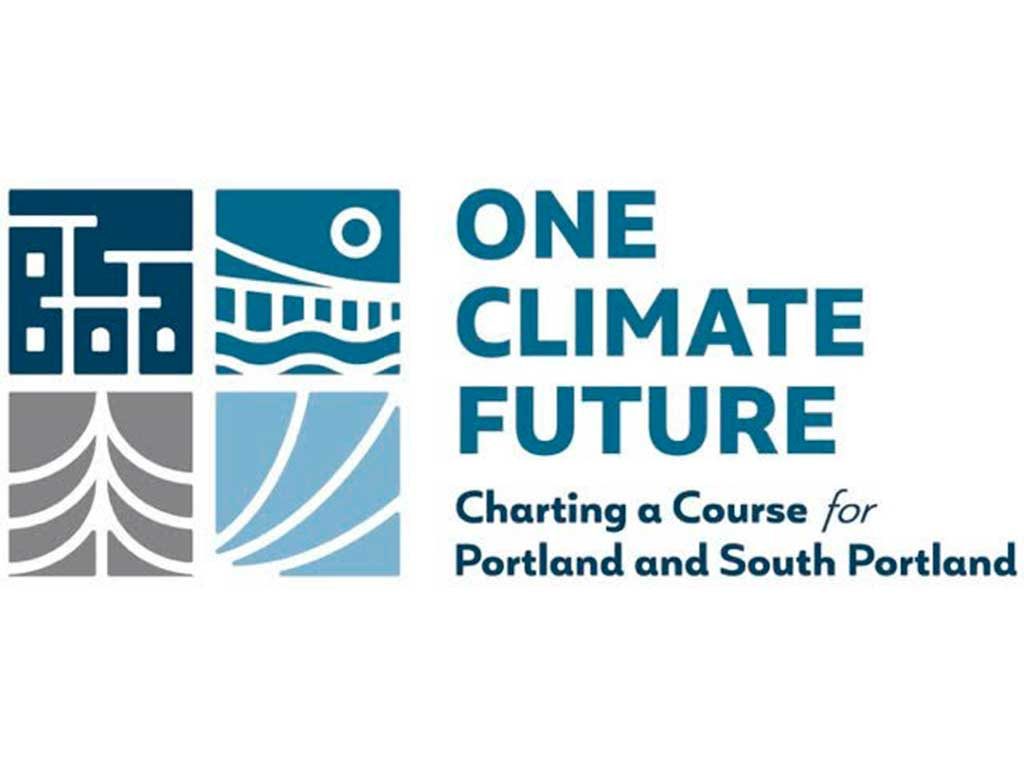
As the climate emergency intensifies, inaction costs us tens of billions of dollars annually. And current emissions are far beyond what the planet can bear to support life. So how do we…
- Move towards 100% clean, renewable energy?
- Overhaul our transportation system?
- Eliminate waste and increase energy efficiency?
- Support food security and community resilience?
BRIGHT IDEA! Learn about the Green New Deal.
You’ve heard of it… but do you understand it? It could be our best chance to ameliorate the worst effects of climate change to avoid a deeper crisis.
The Green New Deal’s blueprint for cutting carbon emissions guides us into a more harmonious relationship with the natural world. With bold action, 80-85% of our energy could be generated from renewable clean sources by 2030. We could light our homes, strengthen our economy, and deepen our democracy by phasing out fossil fuels and transitioning to a new economy. It will take a 10-year national mobilization promoting justice and equality.
To tackle the climate crisis at the speed that justice and science demand, a Green New Deal would cut emissions while creating millions of family-sustaining jobs, expanding access to clean air and water, raising wages, and building climate resilience. To counteract inequality, the benefits would go first and foremost to working-class families.
BRIGHT IDEA! Complete the survey to make your priorities known.

One Climate Future, the joint Portland/South Portland planning process, has released its third and final questionnaire to help prioritize what will be included in the final plan. Results are expected in early June.
Go to oneclimatefuture.org to complete the 3rd part of the survey.
Consider these possibilities…

- Science can help make workable plans towards a lower energy future.
- Generating three quarters of greenhouse gases, cities must fundamentally change.
- Buildings can be made carbon neutral through retrofit programs and new planning ordinances.
- 20 million new sustainable jobs are a reasonable expectation.
- Economists project such a plan would pay for itself in 15 years.
- Inaction would cost us $34.5 trillion by end of the century.
- Fossil fuel subsidies could be redirected to green, renewable energies.
- Capital could come from higher corporate taxes and curtailing corporate power.
- A new post-growth storyline can be developed.
- There is already overwhelming public support for the deal.
Going carbon-free cold-turkey sounds extreme but it beats our current trajectory towards a 3-4°C (37-39°F) warming of the planet.
Remember, life’s not good on a dead planet!
Bright Ideas is brought to you by Portland Climate Action Team which meets the 4th Thursday of the month, 6-7:30 p.m. upstairs at the Reiche Community Room on Clark Street. All are welcome. FMI: portlandclimateaction@gmail.com.





